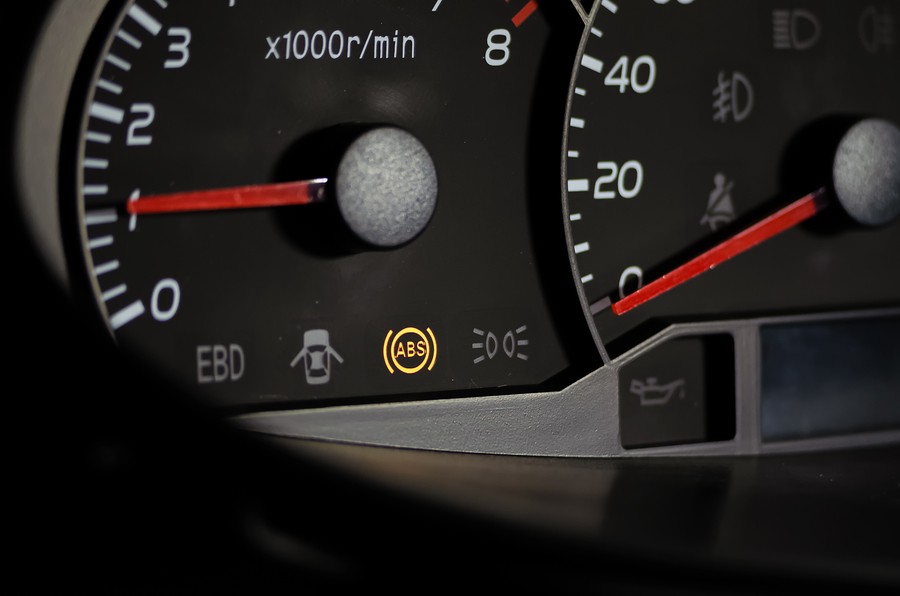Spot early signs of transmission troubles with our in-depth guide. Learn about slipping gears, fluid leaks, warning lights, and more for a smoother ride.The transmission, often described as the heart of a vehicle's drivetrain, is responsible for ensuring the engine’s power is smoothly transferred to the wheels. As such, its health is paramount for a safe driving experience. If you've been noticing peculiar behavior from your car lately, it's essential to identify whether your transmission might be crying out for help. This detailed guide aims to shed light on the primary symptoms of a failing transmission.
1. Slipping Gears
When a transmission is in good health, shifting between gears should be seamless. However, wear and tear can affect this smooth transition.

- Unexpected Changes
- One of the most alarming experiences for a driver is when a vehicle unexpectedly changes gears. This can sometimes be accompanied by a noticeable change in the pitch of the engine's noise.
- Delayed or Missing Gears
- You might notice that the car doesn't shift into the desired gear immediately or even skips gears. This is a clear sign of transmission trouble.
- Loss of Acceleration
- Despite revving the engine, the car might not respond with the expected acceleration. This could indicate that the transmission is not engaging as it should.
- High RPMs
- If you observe the engine running at higher RPMs than usual for a given speed or gear, it's a hint that the transmission is not efficiently transferring power.
2. Unusual Noises
A failing transmission can manifest its distress through various sounds. Being alert to these can help preempt significant issues.

- Grinding and Clunking
- Manual transmissions might produce a grinding sound during gear changes. Automatic transmissions might emit a clunky, mechanical noise.
- Whining and Humming
- These are more common in automatic transmissions. If you notice a whining sound, especially when in neutral, it's time to consult a mechanic.
- Buzzing Sounds
- Persistent buzzing sounds can indicate low transmission fluid or even contamination of the fluid with debris.
- Clicking
- While less common than the other sounds, a consistent clicking noise from the transmission area should not be ignored.
3. Warning Lights
Modern vehicles are equipped with sensors that monitor the health of various components, including the transmission.

- Transmission Warning Light
- While this might seem obvious, many drivers overlook this warning. If this light is illuminated, it’s a clear sign that something might be amiss.
- Check Engine Light
- Though not exclusively a transmission warning, a lit check engine light can sometimes indicate transmission problems. It's advisable to get a diagnostic check in such cases.
- Overheating Light
- Transmissions can overheat, especially when their fluid runs low or becomes ineffective. An overheating warning might be tied to transmission issues.
- Other Warning Lights
- Modern cars sometimes have other sensors linked to the transmission, like those for temperature or fluid pressure. Be familiar with your vehicle's dashboard symbols.
4. Fluid Leaks
Transmission fluid is crucial for the lubrication and cooling of the transmission components.

- Puddles or Spots
- Regularly check your parking spot for any unusual puddles or spots. Reddish fluid is a typical sign of transmission fluid leakage.
- Low Fluid Levels
- Check your transmission fluid levels periodically. A decrease might indicate a leak.
- Discolored Fluid
- Fresh transmission fluid has a bright red hue. If it appears brown or black, it may be due to overheating or contamination.
- Burning Smell
- Overheated or old transmission fluid can emit a burnt odor. If you catch a whiff of this, it's time for a check-up.
5. Delayed Engagement
Your vehicle should respond promptly when you shift out of “Park.” Delays might point to transmission troubles.

- Hesitation
- If there's a noticeable delay before the car starts moving, despite pressing the gas, the transmission might be showing its age.
- Rough Transitions
- You might feel the car jolt or lag when trying to accelerate after a stop.
- “Neutral” Sensation
- If the car feels as if it's shifted into neutral on its own, or seems to “coast”, it could be a transmission symptom.
- Unresponsive Manual Mode
- For cars with a manual mode in an automatic transmission, a lack of response or delay when shifting manually is a cause for concern.
6. Shuddering or Vibrations
Unusual sensations felt while driving can be disconcerting and might be linked to the transmission.

- Shaking at Speed
- If the car starts shuddering or vibrating at certain speeds, it’s a sign that the transmission might be struggling.
- Rumbling Sensations
- A consistent rumble or grinding sensation, especially during gear shifts, should be investigated.
- Vibrations in the Pedal
- Sometimes, the vibrations can be felt specifically in the accelerator or brake pedal.
- Inconsistent Power Delivery
- A car that seems to alternate between smooth and rough power delivery might be exhibiting transmission issues.
7. Erratic Behavior
Sometimes, the symptoms don’t fit neatly into a category but are just “off.”

- Hard or Soft Shifts
- The transitions between gears should be consistent. If they become notably hard or unusually soft, it’s a symptom to note.
- Engine Stalling
- Particularly in manual transmissions, a car that stalls when trying to move from a stop might have transmission issues.
- Poor Fuel Efficiency
- If you notice a sudden decrease in your car's fuel efficiency, the transmission might not be transferring power efficiently.
- Inability to Reverse
- If the car refuses to shift into reverse or does so with difficulty, it’s a glaring sign of potential transmission failure.
Conclusion
A failing transmission can be daunting, but knowing the symptoms can save you from potential accidents and costly repairs. Always pay attention to your vehicle's behavior and never ignore the warning signs. Regular maintenance and timely interventions can extend the life of your transmission and keep your journeys smooth and safe.



